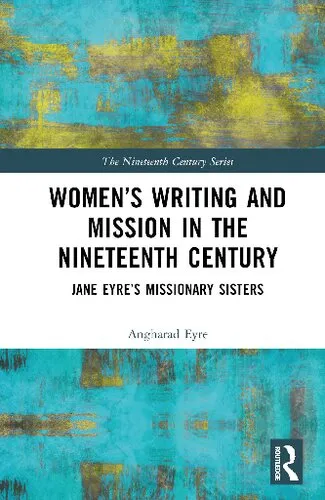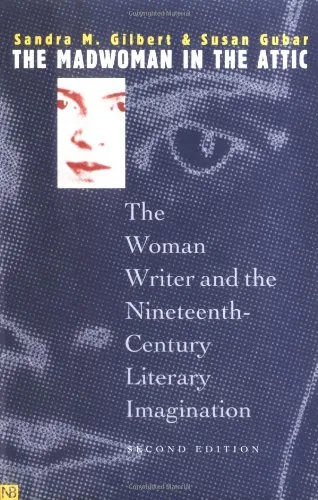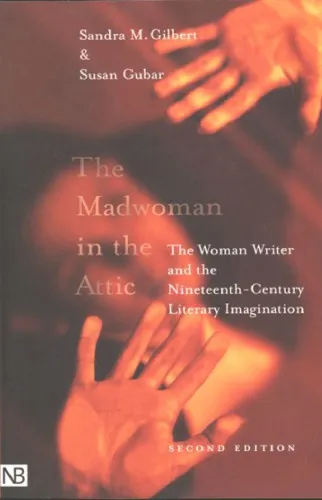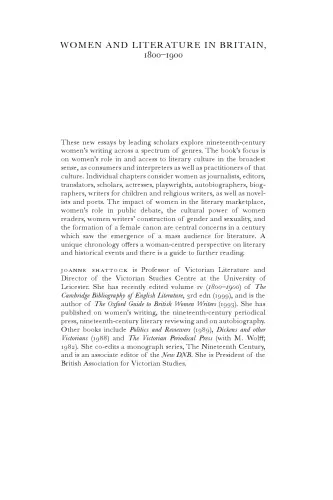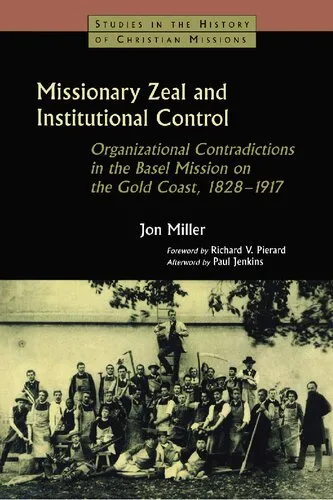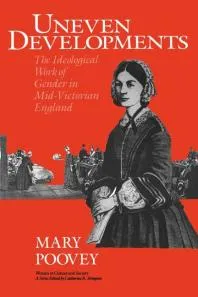Women’s Writing and Mission in the Nineteenth Century: Jane Eyre’s Missionary Sisters
5.0
Reviews from our users

You Can Ask your questions from this book's AI after Login
Each download or ask from book AI costs 2 points. To earn more free points, please visit the Points Guide Page and complete some valuable actions.Related Refrences:
Introduction
"Women’s Writing and Mission in the Nineteenth Century: Jane Eyre’s Missionary Sisters" is a compelling exploration of the intersection between literature, gender, and missionary work in the nineteenth century. This influential work provides a nuanced examination of how women writers engaged with and contributed to the missionary narrative of the time, often challenging the prevailing ideologies and expectations of women within society. By focusing particularly on the legacy of Charlotte Brontë’s "Jane Eyre", the book positions itself as an essential resource for understanding the cultural and literary dynamics that shaped women’s roles both in literature and in the broader imperial project of mission work.
Detailed Summary of the Book
The book delves into the ways in which women's writing and missionary activities were intertwined in the nineteenth century, with a primary focus on the works and influences of writers like Charlotte Brontë. The text discusses how "Jane Eyre" sets the stage for understanding the missionary impulse in literature, highlighting Jane Eyre’s complexity as a character in a world that demands her submission to missionary zeal through the character of St. John Rivers. It examines how this portrayal of resistance against and compliance with missionary work influenced other women writers.
Moving beyond Brontë, the book investigates lesser-known authors who contributed to the discourse on mission work, scrutinizing their narratives to illustrate the varied perspectives women held about faith, conversion, and imperialism. Through the examination of diaries, letters, and fiction from missionary women and their critics, the book sheds light on how these narratives served as a battleground for gender roles and colonial power dynamics.
Key Takeaways
- The book highlights the critical role that women played in shaping missionary narratives and offers a reevaluation of the social and religious impacts of their contributions.
- It uncovers the complexities of female authorship and its relationship with colonial and missionary ideologies.
- Readers gain an understanding of the broader historical context of nineteenth-century literature and gender politics.
Famous Quotes from the Book
"Through the lens of missionary work, we can see women's rebellion against the strictures of their time, woven subtly within their tales and testimonies."
"The missionary impetus was not simply an imperial design but also a canvas for women to assert their agency within the confines of Victorian society."
Why This Book Matters
This book matters because it provides a critical platform for re-examining the contribution of women in the context of missionary work, an area traditionally dominated by male voices. By centering women’s experiences and narratives, it offers fresh insights into the cultural and literary landscapes of the nineteenth century. The analysis elevates the voices of women who navigated the turbulent seas of faith, imperialism, and personal expression. For scholars of literature, gender studies, and history, this book is an essential read that enriches our understanding of how past conflicts and dialogues continue to inform our present.
Understanding this intricate period through the voices of women helps dismantle long-standing stereotypes and expands the current scholarship on missionary work and its impact on global cultures. Ultimately, the book invites readers to reconsider the historical contributions of women and their enduring legacy in missionary narratives and beyond.
Free Direct Download
You Can Download this book after Login
Accessing books through legal platforms and public libraries not only supports the rights of authors and publishers but also contributes to the sustainability of reading culture. Before downloading, please take a moment to consider these options.
Find this book on other platforms:
WorldCat helps you find books in libraries worldwide.
See ratings, reviews, and discussions on Goodreads.
Find and buy rare or used books on AbeBooks.
1434
بازدید5.0
امتیاز0
نظر98%
رضایتReviews:
5.0
Based on 0 users review
Questions & Answers
Ask questions about this book or help others by answering
No questions yet. Be the first to ask!
